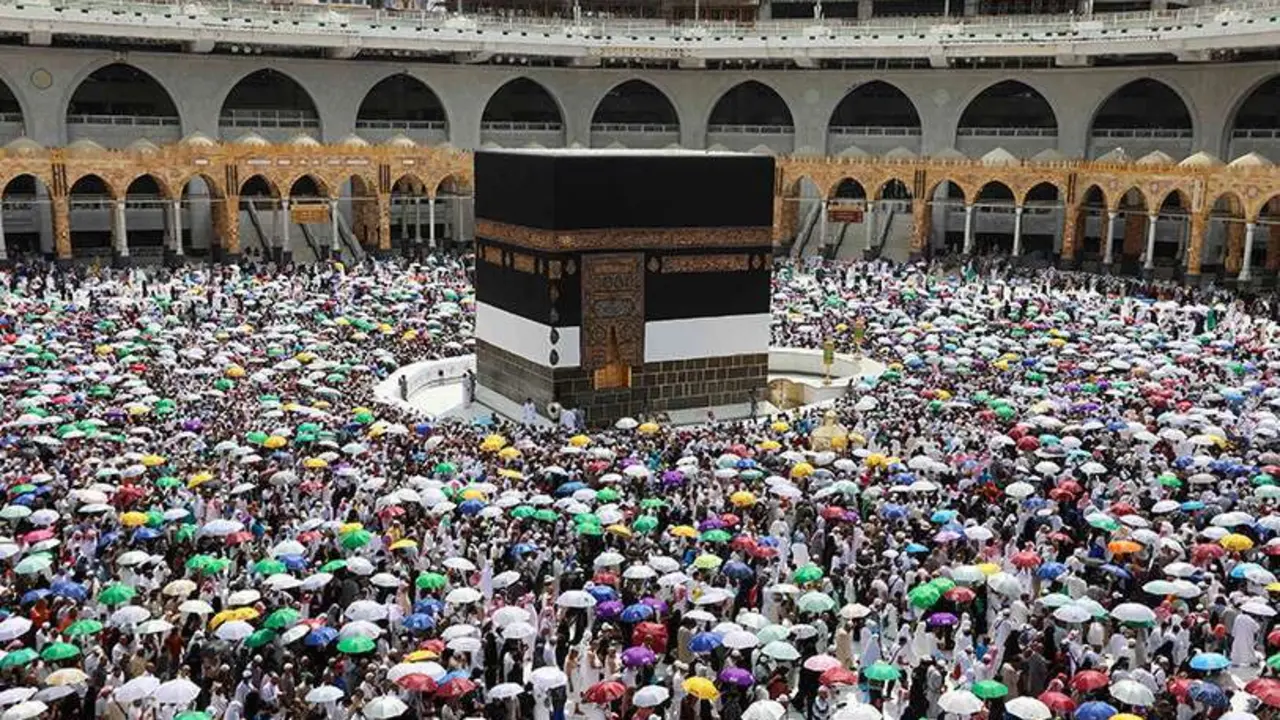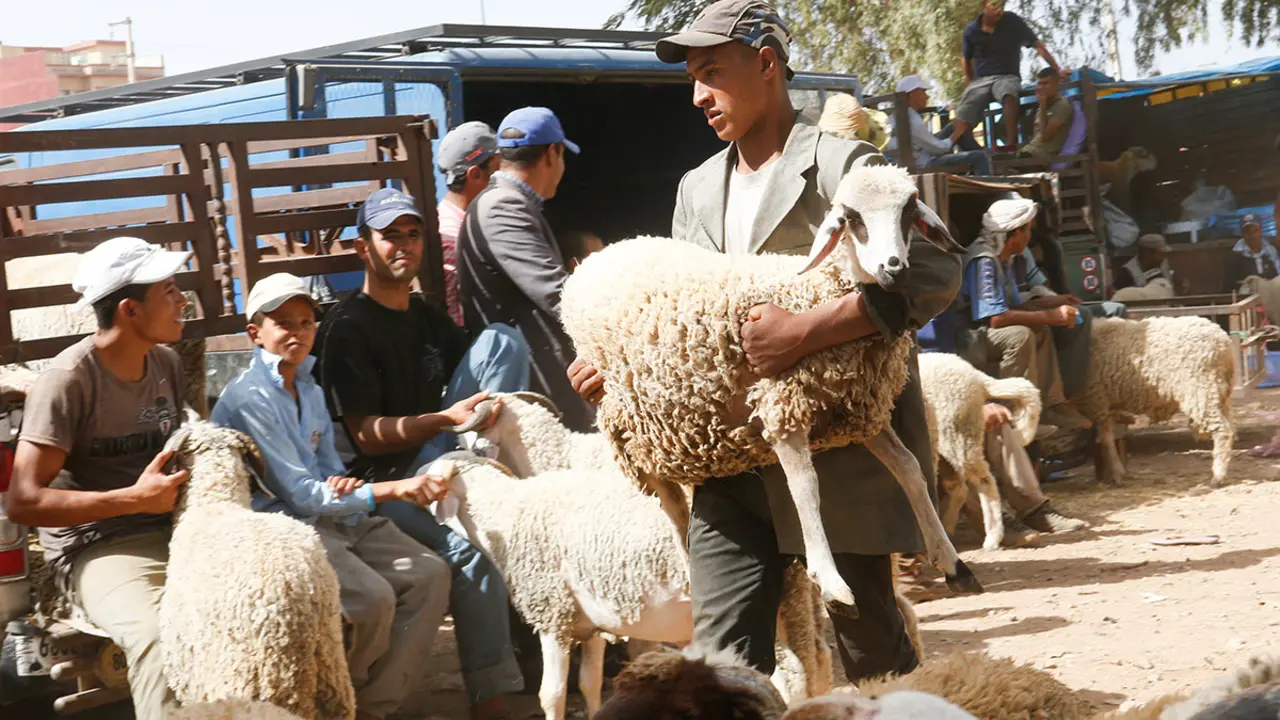Pakistan floods: UN agencies warn of six-month wait for water to recede

Millions of people in Pakistan remain deeply affected by catastrophic floods that are "going nowhere", according to various UN humanitarian agencies.
Nearly eight million people have been displaced by the disaster and the UN, together with the authorities and its partners, are rushing to get much-needed relief items to the affected populations.
Southern Sindh province remains in crisis, with many areas still under water.
To date, more than 1,500 people have died, including 552 children.
"We don't have enough food, we don't have shelter, and the kind of health care that is needed is still not available," said Gerida Birukila, head of the United Nations Children's Fund (UNICEF) Pakistan Field Office in Balochistan, another of the worst-affected provinces.
In a renewed appeal for international aid, she described desperate scenes.
"Roads and bridges have been washed away; I have just come from the camp and the water is not going anywhere," continued Birukila, speaking via Zoom from Quetta.
As feared, life-threatening diseases and illnesses have spread among the displaced communities, including cerebral malaria, for which there is no medicine.

"There is no shelter... people don't even have clothes," Birukila continued. "One lady asked me: 'Please give me some clothes, I ran away a fortnight ago'. She is still wearing the same dress she wore a fortnight ago because she can't change. She just runs away with what she has on her."
Echoing the deep concern of first responders, the UN Refugee Agency, UNHCR, noted that 7.6 million people in Pakistan have been displaced by the floods, with nearly 600,000 living in relief sites.
The UN agency has coordinated logistics under a plan to transport more than 1.2 million relief items to local authorities in the worst flood-affected areas. To date, it has delivered more than one million life-saving items to the authorities for distribution.
"Many parts of the country, especially in the southern province of Sindh, are still under water, as well as ... parts of eastern Balochistan," said UNHCR spokesman Babar Baloch, adding that officials have warned that it could take "up to six months for the floodwaters to recede" in the worst-hit areas.
There is also concern for the 1.3 million registered Afghan refugees in Pakistan; an estimated 800,000 live in more than 45 "calamity-stricken" districts of the 80 affected locations, UNHCR said, noting that four of the worst-affected districts in Balochistan, Khyber Pakhtunkhwa and Sindh provinces are home to the largest number of refugees.
To help them, UNHCR and its partners have provided emergency cash assistance to hundreds of vulnerable refugee families, complementing the government's response to the monsoon.
"People are being displaced. They look outside and just tell you, 'That used to be my house, this used to be the school', but what you can see is just water and water," said Birukila.







